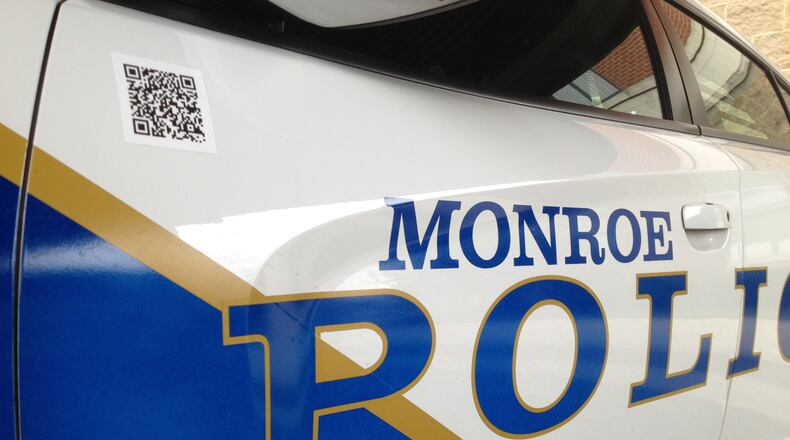MORE: Monroe mulling over concept plans for new facilities
However, Vice Mayor Suzi Rubin introduced another proposal on how to raise the additional revenues for safety services as well as for infrastructure and other capital improvements.
Council has to determine by early July what type and how much of a tax issue to ask for:
- a new or replacement property tax increase
- an income/earned income tax increase from 1.5 percent to 1.75 percent
- reducing or eliminating the income tax reciprocity or "forgiveness" for taxes paid to other cities
Residents currently pay a 2.5-mill fire levy and a 2.5-mill police levy in addition to the 1.5 percent income tax residents and people working in Monroe pay.
Brock said a replacement levy of 5-mills would raise $1.59 million year, which would cover the costs for the new police facility. He said one mill raises $318,000 a year.
A 2.5 mill levy raises about $795,586 a year and would cost the owner of a home valued at $100,000 about $87.50, while a 5-mill levy would cost about $175 a year for that same homeowner.
An additional 0.25 percent increase in the income tax would raise $1.6 million in the first year but a qualifying resident discount would reduce that by $454,000. The income tax increase would be dedicated for public safety.
Reducing the reciprocity for income/earnings taxes paid to other cities by 1 percent would also raise $1.6 million and cost the average wage earner about $700 a year.
MORE: Monroe residents may see tax increase for safety services
At the meeting, Rubin proposed raising the city’s income/earnings tax by 0.5-percent from 1.5 to 2 percent with residents receiving a 0.5 percent credit that would raise $2.2 million. Of that 0.5 percent increase, 0.35 percent would be dedicated for public safety and the remaining 0.15 would be dedicated for capital improvements and infrastructure.
In addition, Rubin said residents would receive a 0.5-percent income/earnings tax credit as they already pay property taxes to the city.
“This would be an earnings tax for those who work and shop in the city in areas where most of the emergency services calls are coming from,” she said.
Rubin said this model is similar to what the city of Mason is currently doing.
Councilman Dan Clark said the additional revenues for safety services would allow the city’s General Fund cover other projects and provide more amenities such as sidewalks, bike paths and parks for residents.
He said he was coming around to Rubin’s idea for an earnings tax.
“It’s a fairer tax than a property tax,” he said.
About the Author

